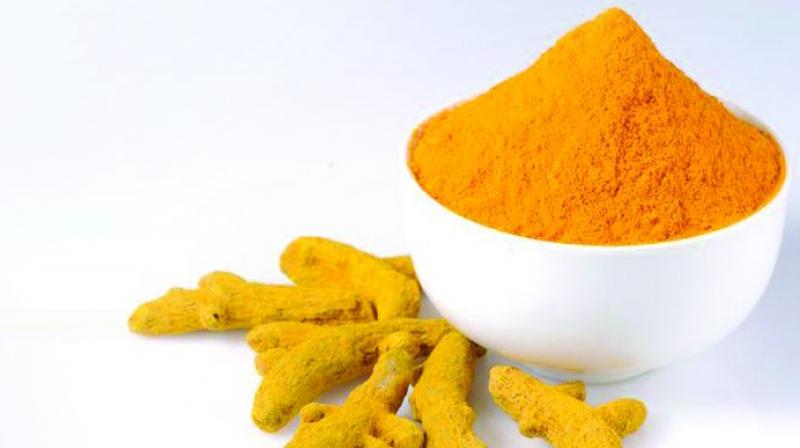Turmeric is more effective than paracetamol or ibuprofen at healing injuries
Study suggests curcumin-based product could represent promising safe, analgesic remedy in painful osteo-muscular conditions.;

A new study now suggests that turmeric is more effective than popular painkillers at easing the agony of sports injuries.
The study found that after less than three weeks, taking a key component of the Indian staple spice, known as curcumin, eases injured rugby players' discomfort just as much paracetamol or ibuprofen, but without their side effects..
Those opting for medication over the curry ingredient are four times more likely to suffer gastro-related complications, the research adds.
According to study author Dr Francesco Di Pierro from the Milan-based pharmaceutical company Velleja Research, the study suggests that naturally-derived, curcumin-based product could represent a promising safe, analgesic remedy in painful osteo-muscular conditions associated with intense, high impact, physical activities.
The researchers further believe that curcumin may also benefit sufferers of inflammatory conditions, such as arthritis patients, without causing the complications associated with many existing treatments.
Curcumin has been used as a herbal remedy in arthritis, cancer and heart disease.
Results further reveal those taking curcumin are more likely to stick to their treatment regimen.
The researchers analysed 50 rugby players from the Italian premier Piacenza club south of Milan who were suffering bone or muscle problems as a result of incidents, such as repeated tackling.
Half of the study's participants were given the one gram curcumin-extract tablet Algocur, which is known as Turmeric+ in the UK, twice a day for up to 10 days. The remainder took painkillers.
The findings were published in the European Review for Medical and Pharmacological Sciences journal.
This comes after research released last month suggested turmeric may boost people's memories by nearly 30 per cent, as well as easing depression.
Taking curcumin causes people to have significantly less protein build-up in the regions of the brain associated with memory and emotion, a study found.
Past studies have also linked the onset of Alzheimer's disease to the accumulation of protein plaques in the brain.
Curcumin, which gives turmeric its yellow color, is thought to improve memory and boost mental health due to its anti-inflammatory properties. Inflammation has previously been linked to both dementia and severe depression.

